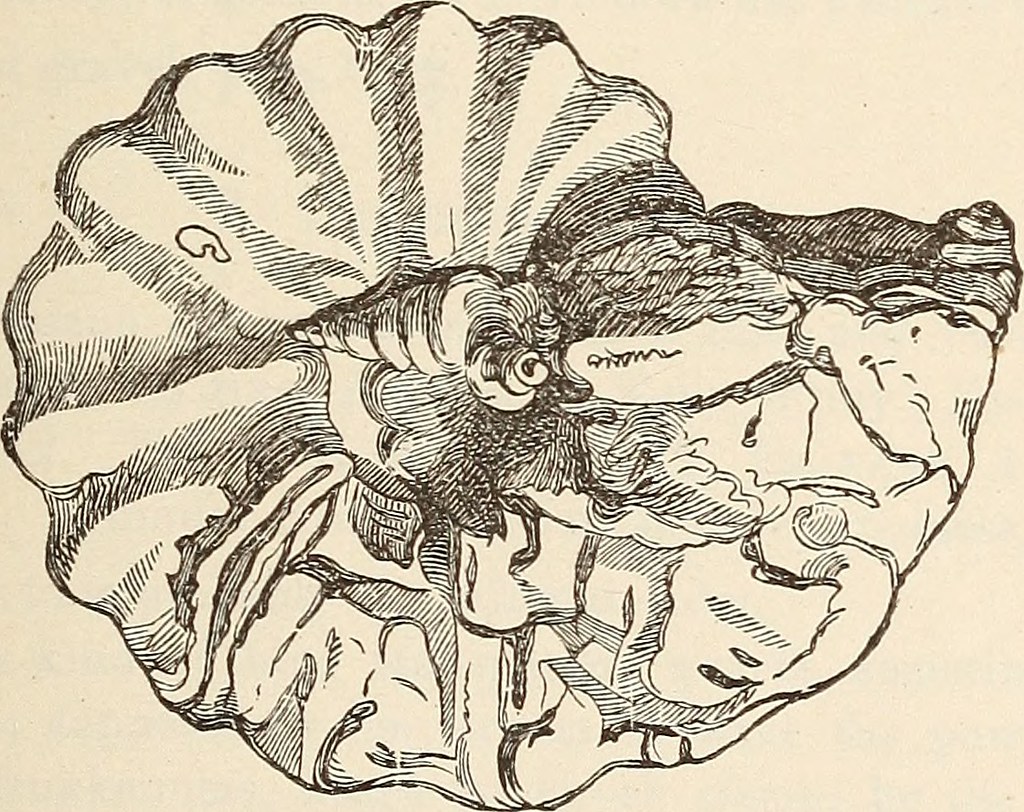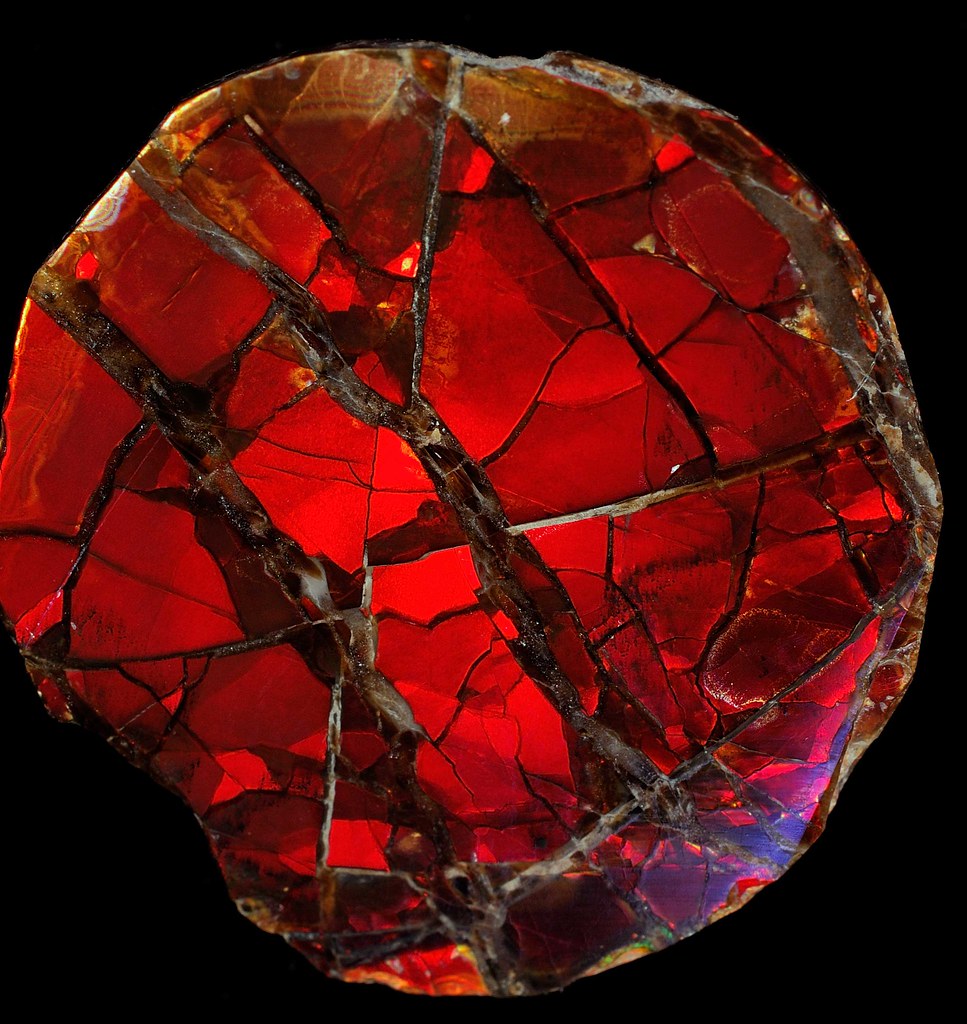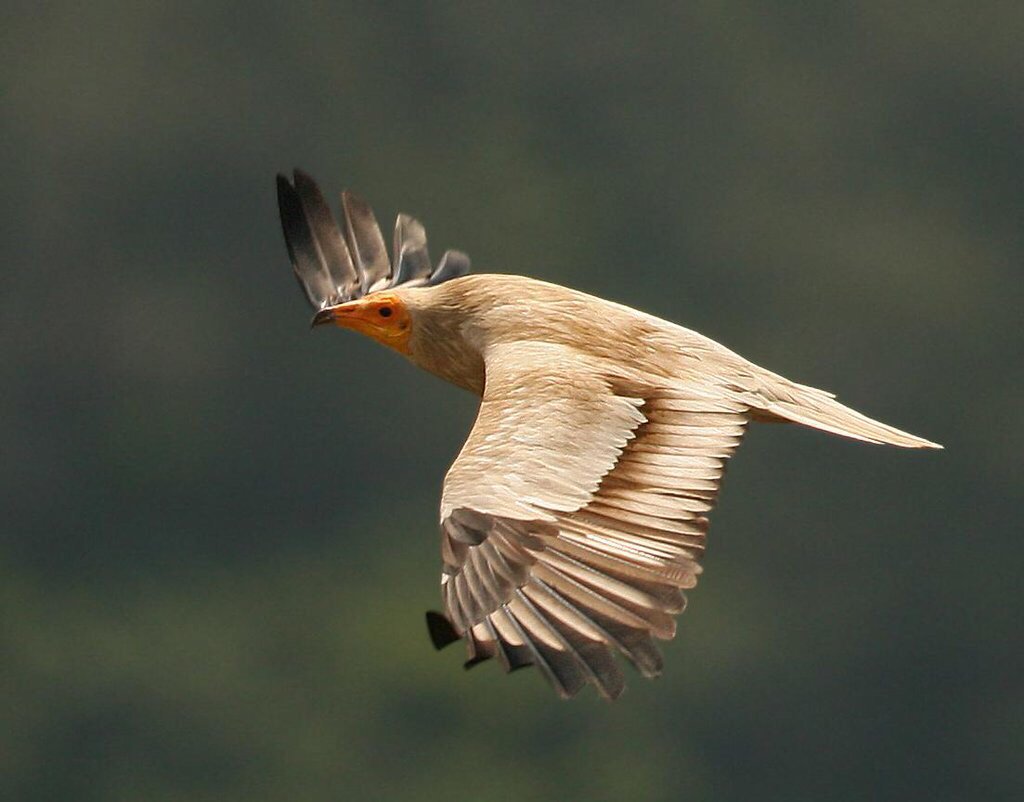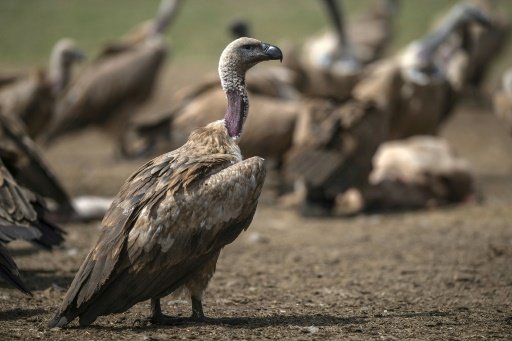Vultures flock overhead as ethnic Tibetans gather for a sky burial near the Larung valley, Garze Tibetan Autonomous Prefecture, Sichuan province. Relatives and onlookers gather for sky burials in which bodies of deceased people are offered to vultures. Such burials are practiced by some Tibetans and Mongolians in China as an extreme type of Buddhist “self-sacrifice almsgiving”. It is believed that feeding vultures with decomposed corpses of relatives on top of a mountain is a respectful way to pay tribute to passed-away beloved ones: photo by Damir Sagolj/Reuters, 3 November 2015
Thru the 12 Houses of Heaven seeing the just and the unjust, tasting the sweet and the sorry, Pater Helios turning. “Mortal praise has no sound in her ears” (Fortuna’s) θρήνος And who no longer make gods out of of beauty θρήνος this is a dying Yet to walk with Mozart, Agassiz and Linnaeus ‘neath overhanging air under sun-beat Here take thy mind’s space And to this garden, Marcella, ever seeking by petal, by leaf-vein out of dark, and toward half-light And over Li Chiang, the snow range is turquoise Rock’s world that he saved us for memory a thin trace in high air And with them Paré (Ambroise) and the Men against Death Twedell, Donnelly, old Pumpelly crossed Gobi “no horse, no dog, and no goat.” “I’d eat his liver, told that son of... and now bigod I have done it” 17 Maggio, why not spirits? But for the sun and serenitas (19th May ’59) H.D. once said “serenitas" (Atthis, etc.) at Dieudonné’s in pre-history. No dog, no horse, and no goat, The long flank, the firm breast and to know beauty and death and despair and to think that what has been shall be, flowing, ever unstill. Then a partridge-shaped cloud over dust storm. The hells move in cycles, No man can see his own end. The Gods have not returned. “They have never left us.” They have not returned. Cloud’s processional and the air moves with their living. Pride, jealousy and possessiveness 3 pains of hell and a clear wind over garofani over Portofino 3 lights in triangulation Or apples from Hesperides fall in their lap from phantom trees. The old Countess remembered (say 1928) that ball in St. Petersburg and as to how Stef got out of Poland... Sir Ian told ‘em help would come via the sea (the black one, the Black Sea) Pétain warned ‘em. And the road under apple-boughs mostly grass-covered And the olives to windward Kalenda Maja. Li Sao, Li Sao, for sorrow but there is something intelligent in the cherry-stone Canals, bridges, and house walls orange in sunlight But to hitch sensibility to efficiency: grass versus granite, For the little light and more harmony Oh God of all men, none excluded and howls for Schwundgeld in the Convention (our Constitutional 17...whichwhat) Nothing new but their ignorance, ever perennial Parsley used in the sacrifice and (calling Paul Peter) 12% does not mean one, oh, four, 104% Error of chaos. Justification is from kindness of heart and from her hands floweth mercy. As for who demand belief rather than justice. And the host of Egypt, the pyramid builder, waiting there to be born. No more the pseudo-gothic sprawled house out over the bridge there (Washington Bridge, N.Y.C.) but everything boxed for economy. That the body is inside the soul -- the lifting and folding brightness the darkness shattered, the fragment, That Yeats noted the symbol over that portico (Paris) And the bull by the force that is in him -- not lord of it, mastered. And to know interest from usura (Sac. Cairoli, prezzo giusto) In this sphere is Giustizia. In mountain air the grass frozen emerald and with the mind set on that light saffron, emerald, seeping. “but that kind of ignorance” said the old priest to Yeats (in a railway train) “is spreading every day from the schools” -- to say nothing of other varieties. Article X for example -- put over, and 100 years to get back to the awareness of (what’s his name in that Convention) And in thy mind beauty, O Artemis. As to sin, they invented it -- eh? to implement domination eh? largely. There remain grumpiness, malvagità Sea, over roofs, but still the sea and headland. And in every woman, somewhere in the snarl is a tenderness. A blue light under stars. The ruined orchards, trees rotting. Empty frames at Limone. And for a little magnanimity somewhere, And to know the share from the charge (scala altrui) God’s eye art ‘ou, do not surrender perception. And in thy mind beauty, O Artemis Daphne afoot in vain speed. When the Syrian onyx is broken. Out of dark, thou, Father Helios, leadest, but the mind as Ixion, unstill, ever turning.
Ezra Pound (1885-1972: Canto CXIII, May 1959
Vultures flock overhead as ethnic Tibetans gather for a sky burial near the Larung valley, Garze Tibetan Autonomous Prefecture, Sichuan province. Relatives and onlookers gather for sky burials in which bodies of deceased people are offered to vultures. Such burials are practiced by some Tibetans and Mongolian in China as an extreme type of Buddhist’s “self-sacrifice almsgiving”. It is believed that feeding vultures with decomposed corpse of relatives on top of a mountain is a respectful to pay tribute to their passed-away beloved ones: photo by Damir Sagolj/Reuters, 3 November 2015

Syrian onyx: an Ammonite, or Fossil shell (from a photograph). These curious shells are found embedded in the cream-colored chalk, or limestone cliffs of Palestine. This specimen was found among the mountains of Galilee. It is apparently A. Syriacus, with a Nerinea Syr. turretted shell on the side and a Natica Syr. or Turritella Syr. on the end: Image from page 362 of The Bible hand-book: an introduction to the study of Sacred Scripture (1883): image by Internet Book Archive Images
Mezquita de Córdoba, España: photo by Jim Gordonl, 30 October 2008

Ammonite shell under cross polarized light: photo by Captain Tenneal, 8 November 2008
Vultures in Africa and Europe
could face extinction within our lifetime, conservationists have
warned. Veterinary drug diclofenac that wiped out 99% of vultures in
India, Pakistan and Nepal, has been commercially available in at least
two European countries. And in Africa they are facing increasing threats
mainly due to poisoning.: photo by Ramon Elosegui/BirdLife International via The Guardian, 12 September 2014

Beautiful Egyptian #Vulture in #Greece. Thanks to @Birdwingeu for photo: image via WildHils @WildHils, 29 October 2015
Aerial view of Turkey Vulture gliding over forested area, Enchanted Rock State Natural Area, Texas: photo by Wing-Chi Poon, 12 April 2008

CONSERVATION: 11 of #Africa's #Vulture species are flying towards extinction @Ken_Birdlife: image via Wako Joel @WajoJoel, 29 October 2015
Griffon vulture (Gyps fulvus), beak sideview: photo by Thermos, 2006
Traditional Tibetan Sky Burial in which vultures pick clean the bones of the dead: photo by Alistair Coombs via Ancient Origins. 27 October 2015
The Vulture Stone, Göbekli Tepe archeological site, southeast Turkey. The vulture pictogram is one of the most graphically charged and complex reliefs so far excavated at the site. Müslüm Ercan describes the scene as a sky burial, in which the ‘soul’, sometimes symbolized as a head, is figuratively carried up to the sky world.: photo by Alistair Coombs via Ancient Origins, 27 October 2015
In Rock's World: A lovers' sky burial
Panel from Naxi pictographic manuscript containing myths detailing Sacrifices to the Highest Deity (lovers' suicide ritual): [Yunnan Sheng][1500?-1934]; transliteration and translation by Joseph F. Rock (Naxi Collection, Asian Division, Library of Congress)
And over Li Chiang, the snow range is turquoise. Yulong Xueshan on the left, rising above Tiger Leaping Gorge, Yunnan, China: photo by ZiCheng Xu, 28 December 2006
House where Joseph Rock lived in old Lijiang, Yunnan, China: photographer unknown, 29 July 1998, from Joseph Rock's Images, Harvard University (via Pratyeka)
Rock's World that he saved us for memory / a thin trace in high air: Joseph F. Rock with some of his Naxi assistants: photographer unknown, 14 November 1928, from Joseph Rock's Images, Harvard University (via Pratyeka)
Cloud's processional and the air moves with their living: The backbone of the Min Shan Range, Gansu, China: photo by Joseph F. Rock, 18 October 1926, from Joseph Rock's Images, Harvard University (via Pratyeka)
Cloud's processional and the air moves with their living: The Snow Peaks of the Liang-chow Nan Shan, Gansu, China: photo by Joseph F. Rock, 11 November 1925, from Joseph Rock's Images, Harvard University (via Pratyeka)
Cloud's processional and the air moves with their living: The Ta-pan Shan Range, Gansu, China: photo by Joseph F. Rock, 9 October 1925, from Joseph Rock's Images, Harvard University (via Pratyeka)
And over Li Chiang, the snow range is turquoise: Lijiang Snow Mountain summit, Yunnan, China: photo by Corymgrenier, 22 October 2009




10 comments:
Beautiful post Tom -- Pound's Canto + photos -- vultures, sky burial, Rock's World -- all of it giving one pause on a chilly, early November night . . .
Steve
interesting post...yes!
What a feast for eyes and ears. "Everything boxed for economy" seems a beautiful irony.
-David
Thanks, Tom, for this.
Reminds me of Hugh Kenner.
The California Condor, reintroduced after being extinct in the wild, is hanging on.
I usually think of scavengers as ugly beasts, but the photo of the griffon is impressive, a nobl beastie.
Gaunt, like Ezra's halting reminiscence.
Illustrated Pound. Great idea. One more illustration to add: There was a statue of Agassiz on the roof of one of the buildings at Stanford. When the 1906 earthquake hit the statue took a dive and was stuck headfirst in the ground. There's a photo of that somewhere!
Many thanks to all.
The previous year Pound had left St Elizabeths and an America that now terrified him -- "everything boxed for economy" catches that, as David notices -- to sail back to Italy, where, in failing heath, and despite the family and domestic complications (the "hells") that in these last "drafts and fragments" insistently press up through the wandering reminiscence to become the thematic life of the poetry (Pound was unusually shy and private about personal matters, always preferring to write by indirection), he managed a few final poems, and one sad, fitful, doomed romance, before giving up on both projects (poetry, love) and falling silent for the remaining thirteen years of his life.
Those suddenly chill November nights Steve mentions had something to do with this post. Ruined old bones...
Talking of which, when I went looking for Pound at the ruined castle his son in law had only incompletely renovated, at Brunnenberg, high in the Dolomites, where he was his daughter's guest, I found he'd gone off to Venice, something he did intermittently in that period; he had various reasons for doing that, not least among which would have been the harsh toll of a mountain climate on stiff old bones; the castle was perched on the windswept slope of a mountain that looked up a long valley a hundred miles into Austria.
Pound's bone-chilled-grumpy-old-man familiarity with the high mountain climate at Brunnenberg would have made Joseph Rock's Na-Khi romances -- transcribed from pictograms made by the shaman-priests of a primitive and unlettered nature-worshipping tribal people dwelling in the remote snow mountains at the China border -- readily accessible to Pound's alert visual imagination. The content of the stories of the muan bpo ceremonial ritual, involving illicit love relationships, community tensions, and lovers' suicides, suggested to him a tragic dimension in love and fate and an Orphic aspect of the poet's calling which now, nearing an end, was slipping away.
He could feel it going:
θρήνος
And who no longer make gods out of of beauty
θρήνος this is a dying
Yet to walk with Mozart, Agassiz and Linnaeus
‘neath overhanging air under sun-beat
Here take thy mind’s space
And to this garden, Marcella, ever seeking by petal, by leaf-vein
out of dark, and toward half-light
And over Li Chiang, the snow range is turquoise
Rock’s world that he saved us for memory
a thin trace in high air
And with them Paré (Ambroise) and the Men against Death
Twedell, Donnelly,
old Pumpelly crossed Gobi
“no horse, no dog, and no goat.”
Hilton, as they used to say down on The Farm,
‘Agassiz was great in the abstract but not in the concrete.’
Up here in the '89 quake the head fell off one of the stone Muses put up at the women's pool during the grand days of Hearst philanthropy at Cal.
When the head fell off, all that was left was a broken stalk of rusty iron rebar poking out of the neck.
The university had to assume for the nth time an attitude of solicitation and soon enough, lo and behold, the finest stonecrafters on earth came in with bids, and lo! --
Hearst Muse Recapitulated.
By the by, when after twenty years of his carefully compiling 700 manuscripts containing all the finished versions of his translations -- indeed the ONLY known translations -- of the Na-Khi pictograms, war came along, and Joseph Rock was forced to abandon his life's work, he carefully packed everything into a steamer trunk, and, in advance of anticipated Japanese occupation, shipped it all back to America.
A Japanese torpedo sank the ship and Rock's life's work along with it.
Rock's comment, in response to the commiseration of a colleague, regarding his loss:
"I felt it keenly".
A beautiful understatement, ranking in this regard with the diffidence of Cherry-Garrard, returning to England after enduring the Worst Journey in the World to deposit the first Emperor Penguin egg with a nonchalant clerk at the British Museum, and being made to stand in line.
Thanks Tom - good to be reminded of the beauty of Pound's music, springs bubbling up among the ruins:
Here take thy mind’s space
And to this garden, Marcella, ever seeking by petal, by leaf-vein
out of dark, and toward half-light
And over Li Chiang, the snow range is turquoise ...
Tom, This is one of those days when the comments, and then your comments on the comments, are like a post-within-a-post. As the herbalists around Li Chiang might say, a second boiling brings out further benefits from the herbs in use.
Joseph Rock reported that in the highest reaches of the snow ranges there are plants that sprout up between the rocks, and stay perpetually green.
Well, no, he didn't.
And these wandering lines might have been the leaves.
Post a Comment